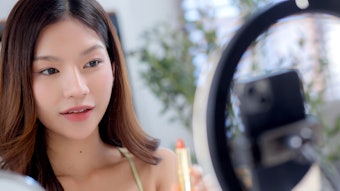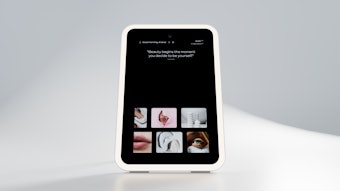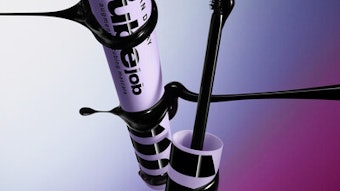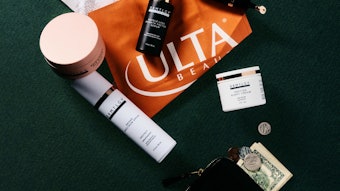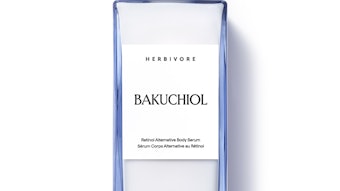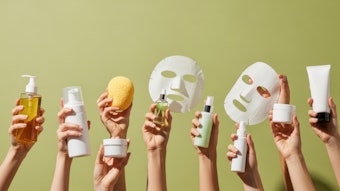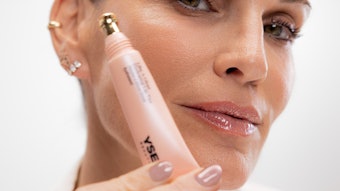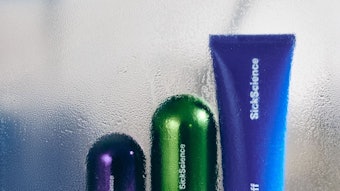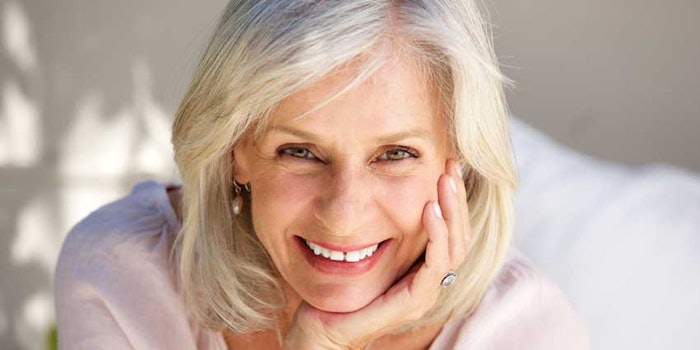
It’s an exciting and groundbreaking time to be a part of the beauty industry. Social media has given consumers a voice to reach cosmetic companies around the globe, while the digital beauty revolution has made it possible for consumers to find the beauty and personal care product that perfectly fits their personal criteria.
So, what does this mean for the industry? Inclusivity is at an all-time high.
Rihanna’s Fenty Beauty launched with 40 different shades of foundation and 30 skin sticks, ranging from the darkest of skin tones to the lightest. Halal cosmetics are steadily making their way into mainstream markets. Transgendered spokesmodels are gracing the glossy pages of magazines in ads for the biggest cosmetics companies in the world. Male beauty vloggers are gathering millions of subscribers on YouTube. Oh, and the newest Covergirl is 69 years old.
The industry is breaking away from the stereotypical beauty standards and embracing beauty in all shapes, sizes, colors, religions, genders and ages. Brands looking to add diversity to their marketing and advertising efforts should look no further than the ways in which the industry is embracing the silver-haired stunners.
Age Before Beauty … In 2017, They’re Hand in Hand
Back in August of this year, Allure magazine famously announced it would no longer use the term “anti-aging” with the hopes of turning the age-old connotation on its head by showcasing the process of aging as something women should proudly embrace.
This was not the first time Allure took a stab at the negative implications that aging has accumulated over the years. In 2016, the magazine ran an episode in its “Dispelling Beauty Myths” series titled “Aging with Grace.” The almost 6-minute long video focuses on three women, their personal stories of aging and the lessons they learned along the way.
At the end of the day, aging is the most natural part of life and brands are beginning to embrace this idea with products that care for maturing skin, not products that attempt to conceal it. With the outpouring of support from people all over the world, Allure's decision to halt the use of "anti-aging" has encouraged the conversation to change from "She's beautiful for her age" to simply, "She's beautiful."
Senescent Supermodels
During Paris Fashion Week, one would expect to see catwalk after catwalk filled with teenagers and young women in their 20s, however, L’Oréal opted for mature models: 79 and 72 years old to be exact. Jane Fonda, 79, and Dame Helen Mirren, 72, sashayed their way down the runway at the company’s fashion show on the Champs-Élysées with women of all sizes and color. Perhaps this was a snapshot of where the industry is heading?
Covergirl’s newest spokeswoman, Maye Musk, recently told The New York Times in an interview, “I had brown hair for so long … When I turned 60, I decided to see what color I am underneath. I started dyeing my hair a very light blond and then I let it grow out. I cut it very short. And what happened? Suddenly I have all these editorials and bookings, and everybody is loving it.”
Consumers Want “More Me”
As a vast portion of the world’s population continues to age, the industry is slowly becoming aware that there is a generation of women walking the beauty aisles buying cosmetics and skin care products that will work with and take care of their aging skin. These same consumers want to see spokeswomen that represent who they are now, not who they were 50 years ago.
In October of this year, Dior took to social media to announce Cara Delevingne, 25, would be the face of its new skin care line “Capture Youth.” It was received with mixed feelings, however, one Twitter user (@WordBird) seemed to sum it all up: “Beautiful Cara is 25. I’m 51 and I’m your target audience for Capture. It’s a wrinkle cream. This is unfair to her, and to me! #thatsnotme”
The more inclusive and diverse the beauty industry becomes, the more beauty shoppers will be able to rapidly embrace who they are, regardless of age, race, religion, size or gender. The beauty and personal care industry is one of the biggest in the world because of its products and their ability to make consumers feel beautiful and confident in their own skin. However, that confidence often starts with brand messaging people can relate to and feel comfortable with.

